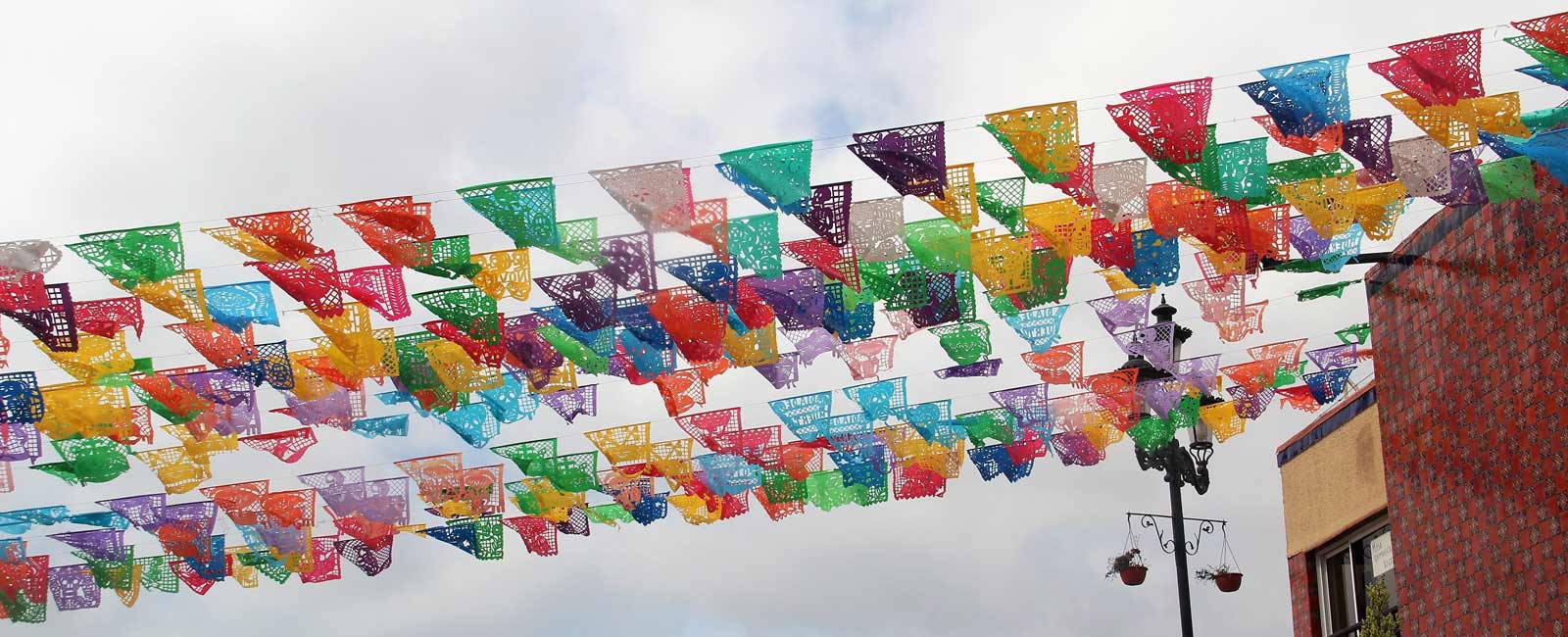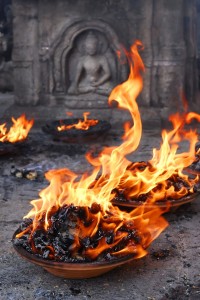Thursday, April 12, 2012
Spring Brings Democratic Reforms to Myanmar
Myanmar (also known as Burma) is a country long marred by the corrupt oppression of a military government and after its disputed “democratic” elections in 2010, neither its people nor the global community expected much to change. In 2010, international monitors were banned from the country, and Noble Peace Laureate, Daw Aung San Suu Kyi as well as her party—the National League for Democracy (NLD)—was barred from participating in the election. The result was a fraudulent vote that elected Myanmar’s notorious junta, legitimizing their military majority rule through nominally democratic elections. As the New York Times bleakly forewarned in a 2010 article: “After years of deadlock and stagnation, change is coming, but strictly on the junta’s terms.”
But it seems that change might be coming to Myanmar sooner than expected and this time on the terms of the people. Two weeks ago, on Sunday, April 1st, Myanmar surprised everyone when Daw Aung San Suu Kyi was elected (in a landslide) to parliament, securing over 80% of the votes. Of course, this isn’t the first time Suu Kyi has been elected; she and the NLD won by a huge majority in 1990, but the ruling junta refused to give up their power and instead placed Suu Kyi under house arrest, where she remained off-and-on from 1990 until 2010. She wasn’t released until shortly after the 2010 elections. Suu Kyi’s recent transition from political prisoner to elected official is an unprecedented change for Myanmar and one that has inspired hope for its people.
In the April 1
st election, 6 million people were eligible to vote, deciding between 160 candidates from 17 parties all running for 45 parliamentary seats (source:
Al Jazeera). While the number of open seats was not enough to threaten the junta’s majority rule (less than 10% of the seats in parliament were up for grabs), the vote nonetheless remains symbolic of democratic reform within the country.
In an unprecedented step for this regime, the government even invited foreign observers to ensure a legitimate election. But despite the reforms that Myanmar’s president, Tien Sien, has taken, which include the release of hundreds of political prisoners, the road to democracy remains a long one. While international monitors and reports were allowed in the country, they were still blocked from the polling booths and the vote counting. Rumors of coercion by government officials and complaints of tampered voting sheets also marred these recent elections, which Daw Aung San Suu Kyi described as “not genuinely free and fair” (source:
Al Jazeera).
The question remains if this poll’s symbolic step for democracy will translate into real changes. Suu Kyi, an emblem of the democratic hopes of her people, will have a lot to live up to in these coming months. But in the meantime people are hopeful. As Daw Kyi Kyi Tun, a former schoolteacher told
New York Times reporter: “We used to fear speaking with foreigners about democracy. Now we have courage.”
Two weeks following the election, Myanmar’s president seems committed to making positive democratic changes. On Saturday, Sien Tien hosted talks with the ethnic minority rebel group—Karen National Union (KNU)—that focused on reintegrating the KNU into the political system. Sien Tien explained that he “viewed the rebels as brothers rather than an enemy” and a member of the negotiations described the talks as “warm and open” (source: Al Jazeera). The KNU has been fighting with the government since 1949 (Myanmar has only been independent since 1948). Like the recent elections, these dialogues represent a dramatic shift towards peace and transparency, leaving Myanmar’s people and the international community cautiously optimistic. The regime seems committed to implementing the social, political and economic reforms Western nations have demanded since placing international sanctions on the country in the 1990s. 2012 has been a year of political reform and with Western powers currently reviewing their sanctions (source:
Al Jazeera) it’s possible Myanmar may once again be opened to international trade and travel.
Sources:
Global Community,Myanmar News,Political Thoughts

